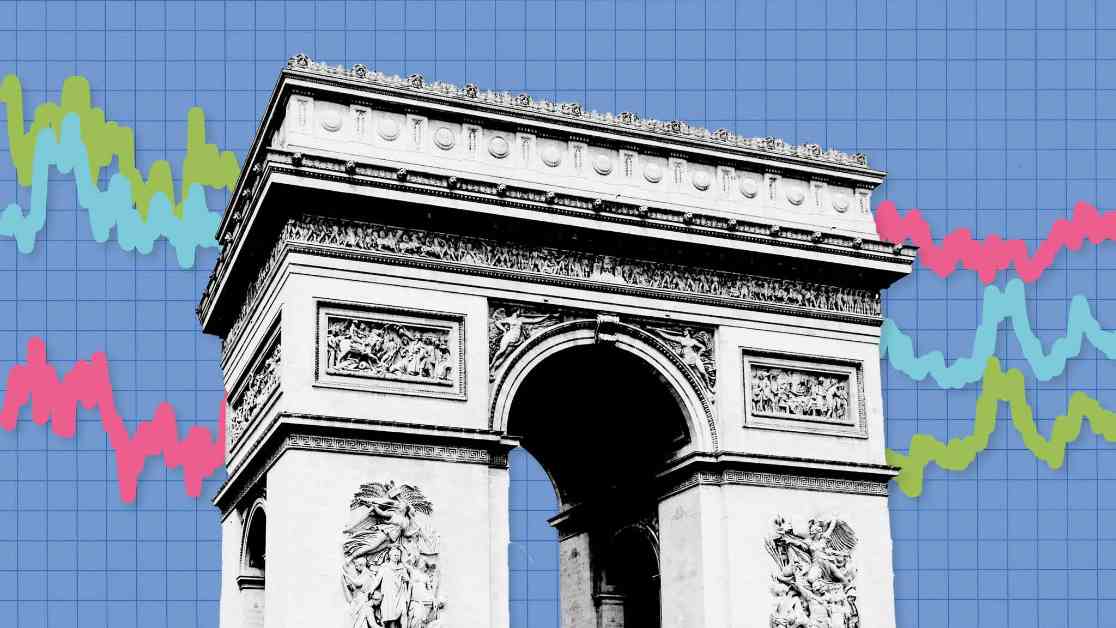France is currently facing a potential debt crisis that some experts are comparing to Greece’s situation in the past. The country’s high levels of public debt, slow economic growth, and rising unemployment rates are causing concern among investors and policymakers.
Similar to Greece, France has struggled to implement structural reforms to boost its economy and reduce its debt burden. The French government’s spending has outpaced its revenue, leading to a growing budget deficit and concerns about the country’s ability to repay its debts in the future.
If France does not take decisive action to address its economic challenges, it could face a similar fate to Greece, which required a bailout from the European Union and International Monetary Fund to avoid defaulting on its debt. This could have serious implications for the stability of the eurozone and global financial markets.
In order to prevent a debt crisis, France will need to implement reforms to increase economic growth, reduce public spending, and improve its competitiveness. This may require difficult decisions, such as cutting social programs, raising taxes, or increasing the retirement age.
Investors and policymakers will be closely watching France’s economic performance in the coming months to assess the risk of a potential debt crisis. It is crucial for the French government to take proactive measures to address its economic challenges and restore confidence in its ability to manage its finances responsibly.
In conclusion, France’s potential debt crisis shares similarities with Greece’s situation and could have significant implications for the eurozone and global economy. It is essential for France to take decisive action to address its economic challenges and avoid a financial meltdown.






















